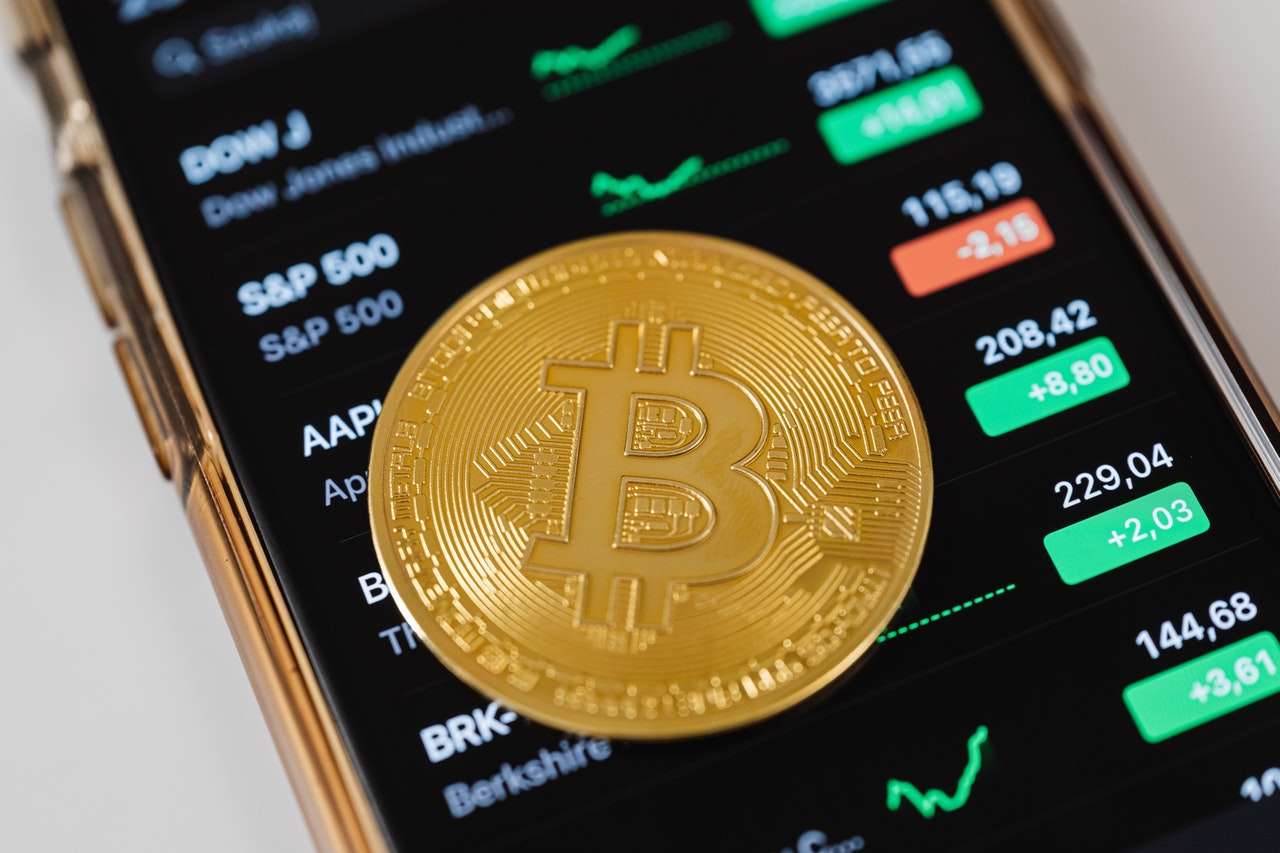
The cryptocurrency market has seen meteoric growth over the past decade, drawing in millions of investors worldwide.
With its expanding popularity, however, comes an increased risk of scams preying on unsuspecting users.
From phishing scams to fake investment schemes, losing funds in the crypto world is easier than you might think if you’re not vigilant.
This guide will help you identify common cryptocurrency scams and provide actionable tips to protect yourself in 2025.
Whether you’re new to crypto or a seasoned investor, staying informed is your first line of defense.
What Makes Cryptocurrency Vulnerable to Scams?
The decentralized and relatively anonymous nature of cryptocurrencies makes them appealing to both legitimate users and malicious actors. Unlike traditional financial systems, crypto transactions are irreversible.
If you send money to a scammer, there’s no bank or authority to help recover your funds.
The rise of blockchain technology has also created complex investment schemes, making it harder for average users to distinguish legitimate projects from fraudulent ones.
However, the good news is that most scams follow similar patterns, and being aware of these red flags can save you from significant losses.
Common Cryptocurrency Scams and How to Identify Them
1. Phishing Attacks
Phishing is one of the most commonly used tactics to steal cryptocurrency. Scammers often mimic legitimate platforms like Coinbase or Binance to trick users into providing sensitive information, such as wallet private keys or exchange login credentials.
How It Works:
- You receive an email or message with a link asking you to log into your account, reset your password, or verify information.
- The link directs you to a fake website that looks nearly identical to the original, prompting you to enter sensitive details.
Red Flags to Watch For:
- Misspelled URLs or domain names (e.g., coinbase-wallet.co instead of coinbase.com).
- Urgent prompts that pressure you to act quickly.
- Emails with grammar issues or unfamiliar sender names.
How to Stay Safe:
- Only access exchanges and wallet platforms through their official websites or verified apps.
- Bookmark official URLs for sites you frequent.
- Enable two-factor authentication (2FA) on your accounts whenever possible.
2. Investment Scams
Fraudulent investment opportunities are rampant in the crypto space. These schemes often promise guaranteed high returns with minimal risks, appealing to newcomers with little market knowledge.
How It Works:
- Scammers promote fake initial coin offerings (ICOs) or ask you to invest in a “revolutionary” project.
- They may send you screenshots showing supposedly massive gains from their investment program.
Example:
The infamous PlusToken scam, which started as a wallet service, ended up defrauding users of over $2 billion.
Red Flags to Watch For:
- Claims that guarantee profits or “risk-free” investments.
- Suspiciously high returns, such as doubling your money in a matter of days.
- Lack of verifiable details about the team or company behind the project.
How to Stay Safe:
- Research any project thoroughly before investing. Platforms like CoinMarketCap often provide legitimacy checks for projects.
- Check the project’s whitepaper and verify the team through platforms like LinkedIn.
- Stick to established cryptocurrencies and avoid obscure assets if you’re uncertain.
3. Rug Pulls
A rug pull is when a developer raises funds for a project and then abandons it, making off with investors’ money. This type of scam is prevalent in decentralized finance (DeFi) and with newly introduced tokens.
How It Works:
- Developers launch a new crypto project, often accompanied by significant hype and marketing.
- Once a substantial amount of investment is gained, they withdraw funds, leaving investors with worthless assets.
Red Flags to Watch For:
- Unverified smart contracts.
- Projects that lock liquidity for very short timeframes (or not at all).
- Developers who remain anonymous or vague about their credentials.
How to Stay Safe:
- Use platforms like Etherscan to audit smart contracts.
- Avoid projects with anonymous founders and no transparent road map.
4. Fake Airdrops and Giveaways
Scammers often impersonate well-known brands or influencers to promote fake airdrops or giveaways that require you to send them funds first.
How It Works:
- You receive a message or see a post online claiming a guaranteed reward if you send a small amount of cryptocurrency to a specific address.
- The scammer takes your money without delivering any reward.
Red Flags to Watch For:
- Any request for upfront payments to receive an airdrop.
- Illogical “claims” that well-known figures like Elon Musk are giving away crypto.
How to Stay Safe:
- Remember, legitimate airdrops are always free.
- Verify any promotional campaigns through official brand websites or social media channels.
General Tips to Avoid Scams in 2025
1. Use Reputable Platforms and Tools
Stick to well-known exchanges and wallets with a proven track record. Audited DeFi platforms, hardware wallets like Ledger, and community-vetted apps are excellent starting points.
2. Educate Yourself Constantly
The crypto world evolves rapidly, and scammers adapt with it. Follow trusted cryptocurrency news outlets like CoinDesk to stay informed about emerging scam tactics.
3. Double-Check Before You Click
Before clicking on any links or downloading wallets, ensure they come from official or verified sources. Adding browser extensions that block malicious websites can also help reduce risk.
4. Secure Your Crypto Wallet
Your wallet is the gateway to managing your assets. Always enable 2FA, use strong passwords, and make offline backups of recovery phrases.
5. Be Skeptical
If something sounds too good to be true, it probably is. Never rush into investments or share private information with anyone.
Final Thoughts
The best defense against cryptocurrency scams in 2025 is knowledge. With advancements in crypto technology, scammers are becoming increasingly creative and convincing.
By staying informed about common scams, learning to detect red flags, and following security best practices, you can protect your investments from falling into the wrong hands.
Remember, the crypto market is full of legitimate opportunities, but every investor must take responsibility for their own security.
Be cautious, do your homework, and use trusted platforms to ensure safe navigation in the exciting world of cryptocurrencies.






